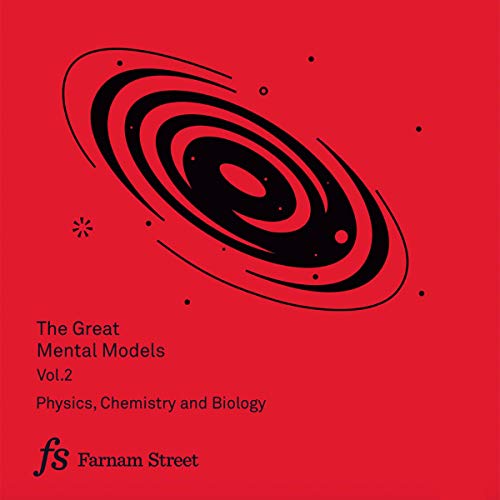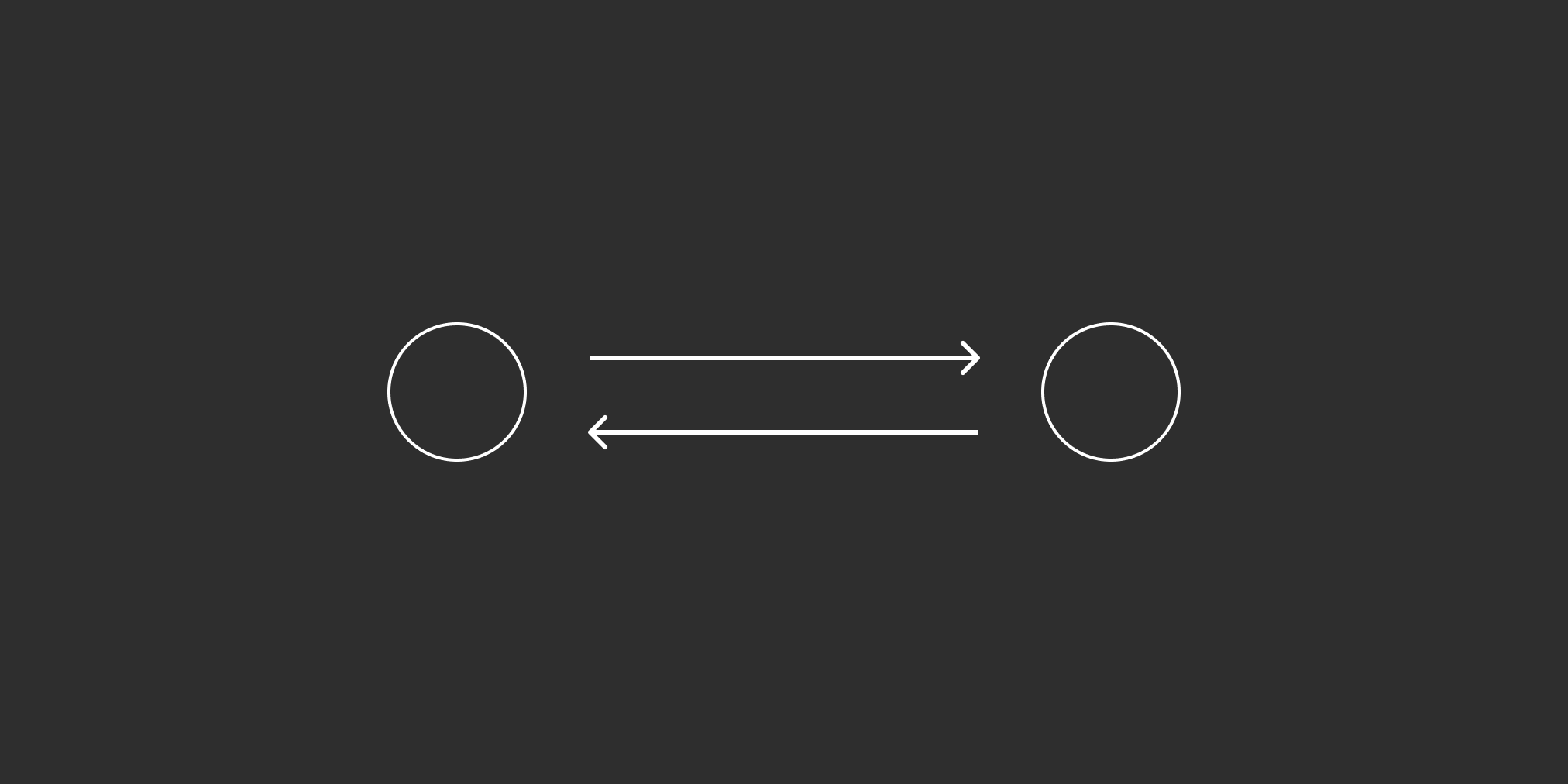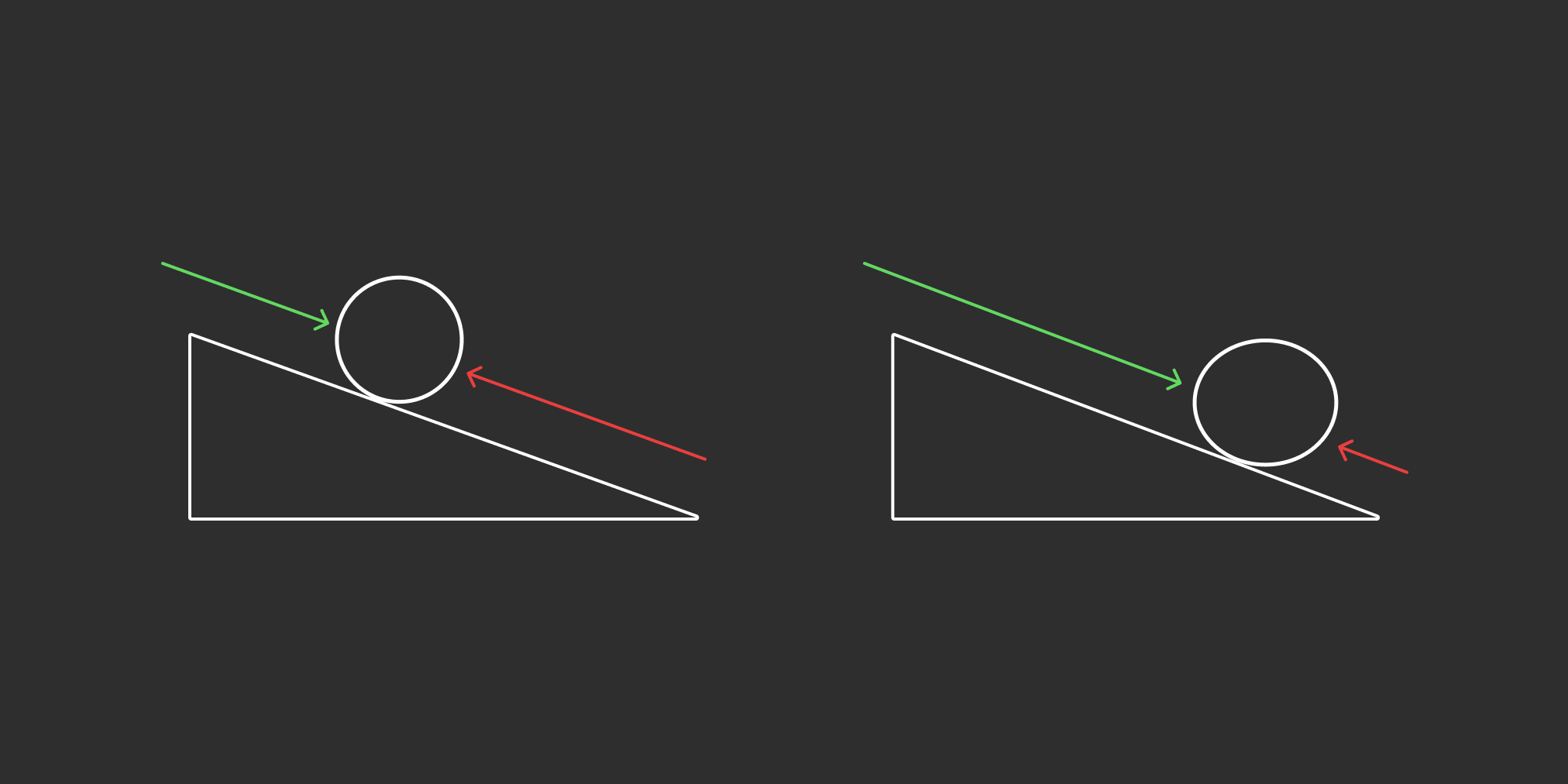
Notes on
The Great Mental Models, Volume 2: Physics, Chemistry and Biology
by Shane Parrish
• 2 min read
Reciprocity
You reap what you sow. You get back what you give.
For every action, there is a reaction. The best way to get something is to deserve it.
This is also known as the Golden Rule: treat others as you want to be treated.

Friction and Viscosity
It can be much easier to reduce friction than to use more force.
An obvious example is when designing your environment. You’d want to design it to optimize for your goals. If you want to get work done, perhaps it isn’t the best idea to have distracting elements in the room where you work.

Velocity
Direction is often more important than speed.
Speed implies movement at a certain rate; but you could go really fast yet still remain in the same spot, i.e., running in place.
Velocity implies both direction and speed. Therefore, velocity > speed.

Leverage
The best way to have leverage in any deal is to not need the deal at all.
Leverage is how you get ouputs that are disproportionate to your inputs.
You should ask yourself:
- When do I know when I have leverage?
- Where and when should I apply my leverage?
- How do I keep my leverage?
Try to pair leverage with reciprocity. Create win-win situations.

Evolution
Adapt or die. The least fit die first, so you must continuously adapt to the ever-evolving environment.
Don’t be Blockbuster in a world that demands Netflix.
Don’t be a Blackberry in a world of iPhones.
Both used to be on top of the world. Both failed to adapt.
Now how often do we talk about them, outside of case studies?
The Red Queen effect
If you stay the same, you are decaying. No one is ever protected from extinction, so we must continuously adapt and improve — otherwise we fall behind and die.
Liked these notes? Join the newsletter.
Get notified whenever I post new notes.